As actors, we all know how difficult and frustrating this profession can be. Too much competition, not enough jobs, not enough pay when we do book. Things always seem stacked against us. So when we do get an opportunity to try for a job, you want to make the most of it.
In today’s commercial production world, things happen quickly. When a casting director puts out a breakdown, they can get 1500 to 3000 submissions for a single part. The production company may have only given them one day to cast that part. Think about that: let’s say the part has dialogue—perhaps 3 or 4 lines and some action.
The actor steps in the room, the session director explains the audition and directs the actor in what is expected of him or her. If it is complicated, perhaps the actor requires a rehearsal. Then redirect. First performance is recorded, another redirect and a second performance recorded. Assuming none of the recordings are stopped and restarted for flubs, the entire process will take maybe 6-7 minutes.
Under ideal circumstances, the casting director can schedule 10 actors per hour to audition. In an 8 hour day, that’s 80 actors. 80…out of 3000 submitted. Which means about 2.5% of actors submitted got an audition. That’s pretty lousy odds, which makes those chances, those opportunities to book a paying gig, even more precious.
So when I see actors wasting them by not showing up or coming in late or early or not wearing the right clothes or not looking at copy posted for them online, I am understandably frustrated. Not just because they have squandered an opportunity, but because they are behaving unprofessionally—they are dishonoring the profession I love.
What would happen if a plumber or surgeon did the same? The plumber who showed up for a job without his tools or dressed in tennis attire would soon lose his job. A surgeon who reported for duty in a golf outfit with no knowledge of the patient he was working on would be laughed out of medicine.
So what should you do? Let me sum it up in two simple words: BE PROFESSIONAL! When you get an audition from your agent you want to find out the following information:
1) What is the product?
2) Who is the casting director and where is the audition?
3) When is the audition?
4) What is my character? Does he have lines? If so,
5) Are there scripts available?
6) Am I expected to appear in costume or makeup?
If you are really thorough you will ask who is the director, what is the union status, the run on the spot and what conflicts are held.
Then get to the audition 15 minutes before your time so you are able to relax and study your script. Have a headshot with you, even if you think you won’t need it. Use your waiting time wisely preparing for your audition.
In short, treat it like it is important to your life and career—because it is!
In today’s commercial production world, things happen quickly. When a casting director puts out a breakdown, they can get 1500 to 3000 submissions for a single part. The production company may have only given them one day to cast that part. Think about that: let’s say the part has dialogue—perhaps 3 or 4 lines and some action.
The actor steps in the room, the session director explains the audition and directs the actor in what is expected of him or her. If it is complicated, perhaps the actor requires a rehearsal. Then redirect. First performance is recorded, another redirect and a second performance recorded. Assuming none of the recordings are stopped and restarted for flubs, the entire process will take maybe 6-7 minutes.
Under ideal circumstances, the casting director can schedule 10 actors per hour to audition. In an 8 hour day, that’s 80 actors. 80…out of 3000 submitted. Which means about 2.5% of actors submitted got an audition. That’s pretty lousy odds, which makes those chances, those opportunities to book a paying gig, even more precious.
So when I see actors wasting them by not showing up or coming in late or early or not wearing the right clothes or not looking at copy posted for them online, I am understandably frustrated. Not just because they have squandered an opportunity, but because they are behaving unprofessionally—they are dishonoring the profession I love.
What would happen if a plumber or surgeon did the same? The plumber who showed up for a job without his tools or dressed in tennis attire would soon lose his job. A surgeon who reported for duty in a golf outfit with no knowledge of the patient he was working on would be laughed out of medicine.
So what should you do? Let me sum it up in two simple words: BE PROFESSIONAL! When you get an audition from your agent you want to find out the following information:
1) What is the product?
2) Who is the casting director and where is the audition?
3) When is the audition?
4) What is my character? Does he have lines? If so,
5) Are there scripts available?
6) Am I expected to appear in costume or makeup?
If you are really thorough you will ask who is the director, what is the union status, the run on the spot and what conflicts are held.
Then get to the audition 15 minutes before your time so you are able to relax and study your script. Have a headshot with you, even if you think you won’t need it. Use your waiting time wisely preparing for your audition.
In short, treat it like it is important to your life and career—because it is!
Doug Traer has been working in film, television, theatre, and commercials for the past 26 years. His film credits include Robert Miller’s “Brenda Starr,” the critically acclaimed “Speak of the Devil” and the black comedy “Dead Giveaway.” He has had multiple roles on “General Hospital,” appeared in “America’s Most Wanted” and “Saved by the Bell,” among others. He has made a number of national TV commercials for products such as Mercedes-Benz, Sony Playstation, Sprint, Blue Cross Insurance, Baskin Robbins Ice Cream and Hardee’s Restaurants. In addition to his acting gigs, he works as a commercial casting director and session director as well as teaching and providing career guidance to young actors or those just getting into the business.
Doug Teaches Commercial Wednesday Workouts at Keep it Real Acting Studios.
Doug Teaches Commercial Wednesday Workouts at Keep it Real Acting Studios.

